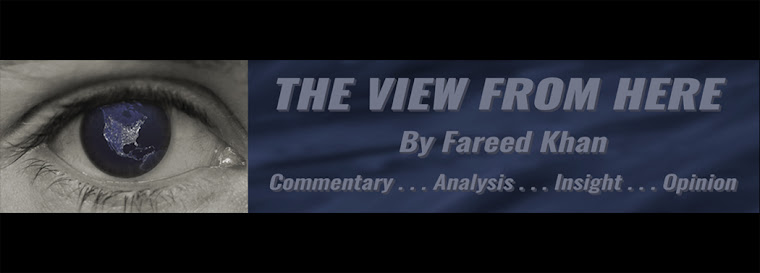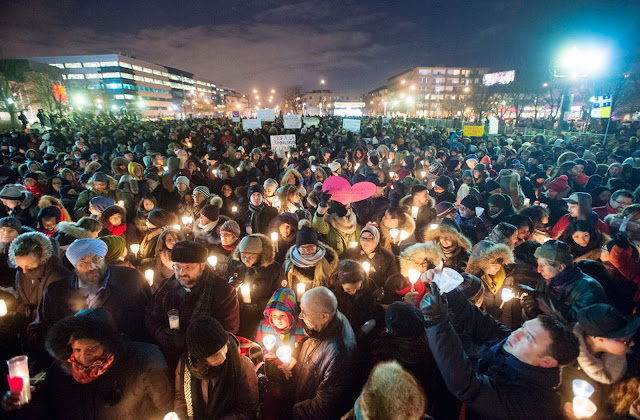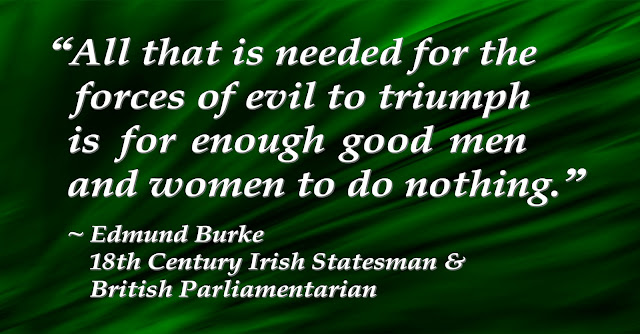By Fareed Khan
Yesterday Canadian Muslims marked a sombre anniversary. On January 29, 2017 a man radicalized to believe in the ideology of Islamophobia and white supremacy, fuelled by the toxic racism and bigotry coming from online sources, walked into the Islamic Cultural Centre in Quebec City and went on a shooting spree targeting Muslims who were worshipping. By the time it was over six men were dead and 19 were injured, some critically.
During the subsequent weeks anti-Muslim demonstrations and Islamophobic acts occurred across the country. On social media bigots and racists vented their hate towards Muslims, rejoicing in the trauma of the Canadian Muslim community.
Canadian politicians were quick to condemn the massacre, as they have done on other occasions when violent incidents of hate have occurred. But if actions are any indication then they are paying lip service to fighting hate in any meaningful way, and Muslims and other racialized communities that are paying the price.
Muslim organizations and anti-racism groups have repeatedly called on the federal government over the last four years to take an aggressive national leadership role in fighting Islamophobia and other forms of hate. But the government’s actions have been inadequate. When there has been occasional progress, like funding for anti-racism programs announced in the 2019 federal budget, the responsibility to lead a national anti-racism effort has been left to small community organizations without the experience or resources to take on the role.
In 2017, after winning the Conservative Party leadership, Andrew Scheer claimed that the Conservatives were a “big tent” party. But he then proceeded to appoint as a senior advisor (and later as Conservative Party election campaign manager) the co-founder and former director of Rebel Media, a website with a well-documented history of promoting Islamophobia.
Scheer became the focus of criticism again in June 2019 when he failed to live up to his words that bigots and racists were not welcome in the Conservative Party. On the day that Scheer was delivering a speech with an anti-racism message, Conservative MP Michael Cooper attacked the presentation of a Muslim witness at a Justice Committee hearing by quoting from the white supremacist manifesto of the New Zealand mosque shooter. This was considered so racially insensitive and egregious by other committee members that his statement was stricken from the record. For this act Cooper received nothing more than a slap on the wrist.
Federal leaders again demonstrated a lack of conviction to opposing racism during the 2019 federal election. When they were asked if they would take action to oppose Quebec’s Bill 21 “secularism” law if they formed government – a law deemed to be racist and unconstitutional by lawyers and human rights experts – Justin Trudeau, Andrew Scheer and Jagmeet Singh said they would not act while the law was being challenged in Quebec courts, despite the fact that the process could take years and affect thousands of Quebecers before it reached the Supreme Court.
In the wake of the murder of George Floyd by a US police officer and the resulting anti-racism demonstrations that erupted across North America, some federal and provincial politicians denied the existence of systemic racism, despite overwhelming evidence to the contrary. In addition, the leader of the Bloc Quebecois recently was roundly condemned for committing an anti-Muslim and racist smear against MP Omar Alghabra (a Syrian-Canadian Muslim) following his appointment as Transport Minister.
In the province of Quebec, Premier Francois Legault says Islamophobia is not a problem in the province. He made this comment in response to a request by provincial and national Muslim groups to declare January 29th a day of remembrance for the victims of the Quebec City shooting, and a day of action against Islamophobia. According to Legault, since it isn’t a problem in Quebec there is no need to designate a special day to high light the issue.
The Quebec government’s attitude towards racism in general is also less than enlightened. Quebec Immigration Minister Nadine Girault refused to attend a ministerial meeting on human rights because the issue of systemic racism was on the agenda, a problem which Legault has refused to acknowledge exists in Quebec.
In addition, recently Bloc Quebecois leader Yves-Francois Blanchet was roundly criticized by the prime minister and other federal party leaders for what’s been referred to as a drive by Islamophobic and racist smear targeting Canada’s newly appointed Transport Minister Omar Alghabra, who is a Muslim of Arab background. Apparently Blanche took issue with the fact that Alghabra had been the president of the Canadian Arab Federation (a secular advocacy organization) before he became an MP.
There have been ample opportunities for federal and provincial leaders to shelve political platitudes about hate and racism in favour of meaningful and decisive actions in the years since the Quebec City mosque massacre. Despite widespread media reporting and social media coverage of hate motivated incidents against Muslims, Black people, Indigenous Canadians, and others, politicians seem apathetic to the need for immediate and decisive action to tackle the rise of hate in Canada. Moreover, when politicians make statements that deny the existence of Islamophobia, systemic racism or other forms of hate, or worse end up behaving in a way that is deemed to be racist or bigoted, they give fuel to hateful elements in society.
To quote 18th century statesman Edmund Burke, all that is needed for evil to triumph is for good men and women to do nothing. Hate is growing in our society, and its perpetrators have been emboldened over the last several years. Doing nothing fight this evil is not an option if Canadians want to erase hate bigotry and racism from our society and have the inclusive and accepting society we all desire. Therefore, it is up all political leaders to help make that a reality, and the time to do that is now. For Canada’s racialized and minority communities words are cheap and they are no longer enough. Action speaks louder!
© 2021 The View From Here. © 2021 Fareed Khan. All Rights Reserved.


